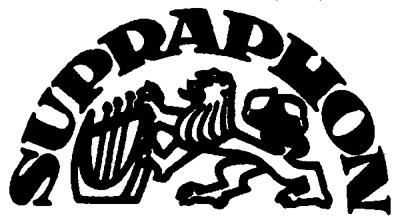卡拉畢斯:奏鳴曲集(大提琴.單簧管.小提琴) Tomas Jamnik / Kalabis: Sonatas for Cello, Clarinet, Violin and Piano
|
Viktor Kalabis (1923-2006), one of the most distinguished figures of 20th-century Czech music, wrote dozens of opuses, mainly instrumental pieces, including for his wife, the world-renowned harpsichordist Zuzana Ružickova. As he himself put it, his aim was to create music rooted in his country, music for educated listeners. Although he also drew inspiration from 20th-century classics, Kalabis arrived at a synthetic style of his own, an alternative to the rational compositional techniques - a Neo-Romantic alternative, akin to Neo-Classicism. Besides the first ever album of Kalabis's complete piano oeuvre (2 CDs, scheduled to be released in 2019), Ivo Kahanek and other leading Czech instrumentalists have recorded the composer's three sonatas. The one for cello reflects the dramatic events in Czechoslovakia between June and September 1968: the months of euphoria of the Prague Spring, followed by disillusionment and resignation in the wake of the Warsaw Pact's invasion, which for two decades to come would numb all hopes of freedom. The clarinet sonata (1969) too clearly refers to the time of its coming into being: drama, grief and sorrow, escalated into harrowing helplessness. The elliptical and coherent violin sonata (1982) places emphasis on the instrument's typical ethos - melodiousness, bright sound and soulfulness. After 3 CDs featuring Kalabis's symphonies and concertos (Supraphon 2013), the present recording affords yet another insight into the composer's musical universe.
|
編號 |
曲目 |
長度 |
作詞 |
作曲 |
演奏 |
樂團 |
演唱 |
指揮 |
試聽 |
|---|



